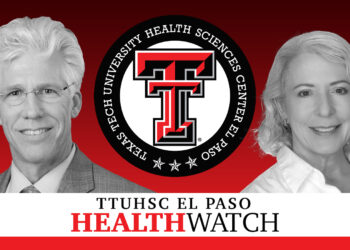TOPLINE:
Body mass index (BMI), socioeconomic position, and mental health were key determinants of unhealthy gestational weight gain (GWG) among UK women.
METHODOLOGY:
- Researchers performed a secondary analysis of the Born in Bradford cohort to evaluate determinants of unhealthy GWG among UK women.
- They included 7769 singleton pregnancies and live, term births (≥ 37 to ≤ 42 weeks’ gestation).
- Maternal weight was measured at the first antenatal appointment (median, 11 weeks), study recruitment (~26-28 weeks’ gestation; height also recorded), and third trimester (median, 36 weeks); baseline BMI was assessed, and mental health was assessed using the General Health Questionnaire-28.
- GWG was categorised as less than the recommended weight gain (RWG), RWG, and more than the RWG on the basis of the Institute of Medicine (IOM) 2009 criteria for weekly average weight gain.
TAKEAWAY:
- Only 22.4% of women achieved the recommended GWG; 20.3% gained less and 57.3% gained more than the recommended GWG.
- Compared with women with a healthy baseline BMI, women with underweight (adjusted odds ratio [aOR], 1.78; P < .001), overweight (aOR, 1.37; P < .001), and obesity (aOR, 1.30; P = .014) had higher odds of gaining less weight than the RWG.
- Women in the “benefits but coping” socioeconomic class (aOR, 1.42; P = .002) and those in the “most deprived” category (aOR, 1.37; P = .014) had higher odds of having GWG below the RWG.
- Women with underweight had lower odds of experiencing GWG above the RWG (aOR, 0.58; P < .001), whereas those with overweight (aOR, 3.56) and obesity (OR, 5.86; P < .001 for both) had dramatically higher odds. Pregnancies with a high risk for psychiatric morbidity were linked to increased odds of having GWG above the RWG (aOR, 1.22; P = .003).
IN PRACTICE:
“Our results may help inform organisations on which groups of women are at greater risk of unhealthy weight gain during pregnancy, such as those with mental health issues, unhealthy baseline BMI, and/or facing economic deprivation,” the authors wrote.
SOURCE:
This study was led by Petra A.T. Araujo, National Perinatal Epidemiology Unit, Nuffield Department of Population Health, University of Oxford, Oxford, England. It was published online on May 23, 2025, in PLOS One.
LIMITATIONS:
Obtaining accurate GWG measurements posed challenges due to the varying timing of measurements and lack of universal pre-pregnancy weight data. The IOM-recommended criteria might not be optimal for non-US populations and do not initially account for ethnic differences. The study cohort lacked data on late third trimester weight, restricting the ability to assess the absolute GWG.
DISCLOSURES:
This study was supported by an Intermediate Research Fellowship from the Nuffield Department of Population Health at the University of Oxford, United Kingdom. The authors declared having no competing interests.
This article was created using several editorial tools, including AI, as part of the process. Human editors reviewed this content before publication.
Source link : https://www.medscape.com/viewarticle/effects-bmi-and-socioeconomic-status-gwg-2025a1000ent?src=rss
Author :
Publish date : 2025-06-03 12:00:00
Copyright for syndicated content belongs to the linked Source.








